To the Point: “Coming together is a beginning; keeping together is progress; working together is success.”
– Henry Ford
If you want to improve self-development, communication and leadership skills while also understanding how to problem-solve as a unit, it’s time to focus on team building.
While it takes time, effort and a high level of commitment from each individual involved, a successful team-building session boosts productivity and enhances other positives, too.
What Is Team Building?
Work environments regularly involve individuals tackling job tasks and personal goals, with recognition usually focused on the individual employee. Groups that function as teams evolve into cohesive units that share expectations, build trust and where members support one another. By honing team building skills, employees can unite around a common goal, which generates greater productivity for the company.
Why Is Team Building Important?
Depending on the industry and occupation, fostering and growing relationships among the individuals you work with can be one of the best investments you make. Research shows that team building does produce engaged employees, which increases the bottom line. Engaged employees find ways to energize, initiate and creatively push the success of the company forward.
Team-Building Skills for Success
- Communication
- Identified Personality Type (learned by way of assessment to understand yourself and how you fit within the team)
- Cultural Competence
- Emotional Intelligence
- Critical Thinking
- Listening
- Time Management
- Problem Solving
Team-Building Methods
A resource we use in teambuilding training is Tuckman’s Model of Group Development, developed by Dr. Bruce Tuckman and published in 1965:
- Stage 1: FORM- This is teambuilding infancy. Like an infant, the group members are self-centered and say things either externally or internally.
- Stage 2: STORM- This is teambuilding adolescence. There are challenges to authority and coworkers, boundaries are pushed and members are seeking acceptance.
- Stage 3: NORM- This is young adulthood. It is marked by a move away from task orientation and the group members begin to focus on “we” rather than “I.”
- Stage 4: PERFORM- This is teambuilding adulthood. The group is now a team working in a high-productivity, high-functioning mode.
Tuckman’s Model is especially helpful for those seeking to better understand why their team may be struggling or possibly searching for answers to issues within their workplace. During our teambuilding trainings, we discuss the importance of each stage and how a team can progress from one stage to the next.







